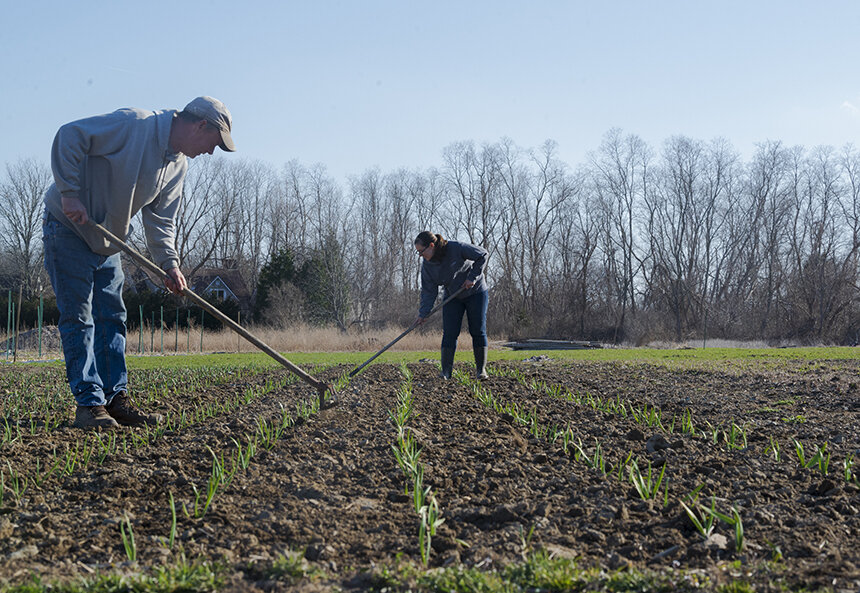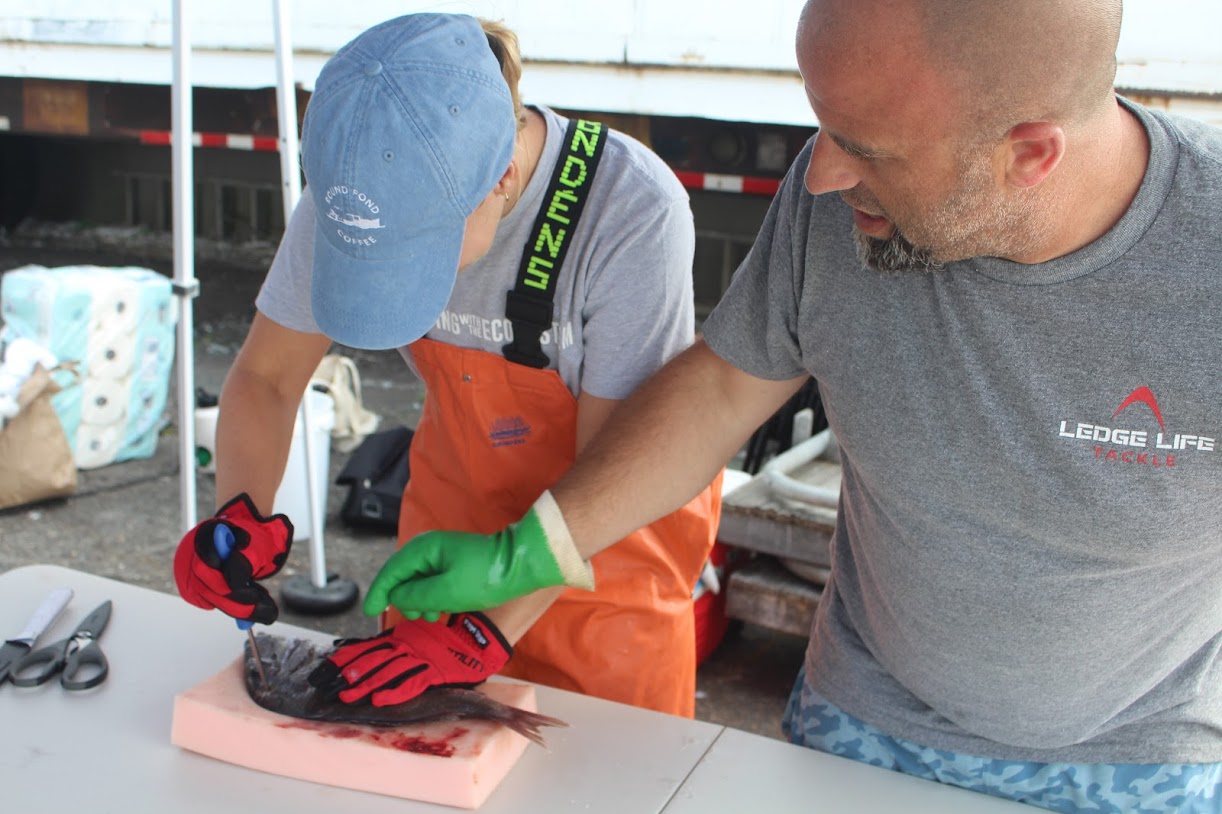Local Poultry Farmers Concerned About Flu Season
November 9, 2015
Southern New England hasn’t yet seen a case of highly pathogenic avian influenza (HPAI), but state officials and poultry farmers are on high alert.
HPAI is a highly contagious disease that affects only birds — not humans — and it has devastated Western and Midwestern poultry operations since it was first detected in the United States in 2014. Since then, HPAI has been reported in 21 states, and millions of chickens and turkeys have been culled to control the outbreaks, according to the Centers for Disease Control and Prevention.
The disease is spread by wild migratory birds and has so far only been detected in the Pacific, Mississippi and Central migration routes, or flyways.
However, according to an Oct. 2 bulletin from the Massachusetts Department of Agricultural Resources (MDAR), “Due to the mixing of birds from different flyways up through Canada, it is likely that exposed birds will be found in the Atlantic Flyway during the current southern migration.”
“Now is when we’re really being vigilant,” said Scott Marshall, Rhode Island’s state veterinarian. He and other state officials have been working to get the word out to poultry farmers to take precautions to prevent an HPAI outbreak.
Marshall suggested that farmers eliminate contact between domestic and wild birds, and that they change their boots and coveralls when they work with chickens. The U.S. Department of Agriculture (USDA) has provided a comprehensive checklist of measures poultry farmers can take.
If a flock is infected, Marshall said the protocol is to depopulate (kill) and properly dispose of the infected flock within 24 hours. All domestic birds within a 10-kilometer radius of the infected site will be monitored for the disease.
Marshall iterated that, even in the event of an outbreak, the food supply remains safe.
Donald Baffoni, owner of Baffoni’s Poultry Farm in Johnston, R.I., which houses 20,000 broilers and 5,000 laying hens, is concerned. “We’re watching. We’re keeping an eye out,” he said.
Baffoni’s birds are all raised indoors — no cages — so they don’t come into contact with wild birds. What does concern Baffoni is that his farm sees a lot of interaction with other poultry operations because of its on-site processing facility. Baffoni’s houses Rhode Island’s only USDA-certified slaughterhouse for poultry.
Bringing other birds onto the property increases the risk of infection to his own flocks if those birds have HPAI.
“Knock on wood we’ve not had a report of any outbreak from Maine on down. I’m hopeful it’s going to bypass us,” Baffoni said.
According to Marshall, backyard chicken keepers and those with small non-commercial flocks are “going to define how successful we are in responding to an HPAI outbreak should we get hit.”
“They need to know if they have any sick birds report them, and they should understand that the faster they report, the faster we can respond and contain the disease,” Marshall said.
Some signs of HPAI include: bluish discoloration in the face of the bird or the unfeathered shanks of the bird; coughing; depression; and decrease in egg production. Often, the disease is so virulent poultry owners may not notice symptoms until there’s outbreak, Marshall said.
Suspected cases of HPAI should be reported immediately:
Rhode Island: 401-222-2781.
Massachusetts: 617-626-1795.
Connecticut: 860-713-2504.



